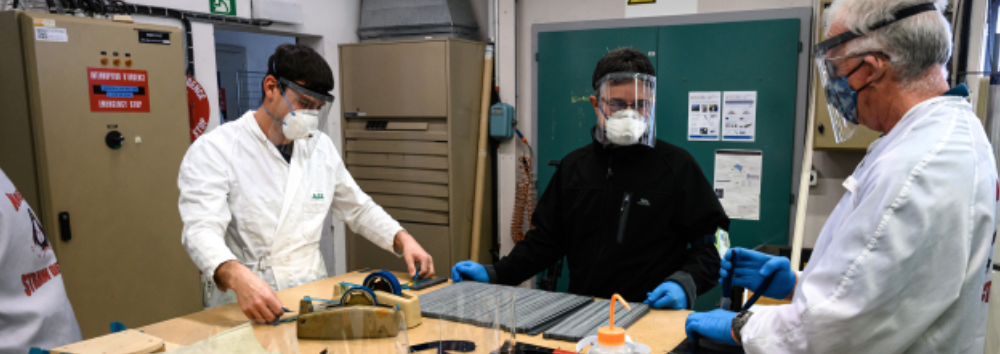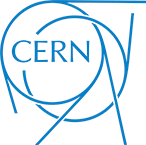As part of the “CERN against COVID-19” initiative, CERN has produced and delivered personal protective equipment to local organisations in the front line.
With CERN operating in safe-mode, the Organization has turned its chemical laboratories and mechanical workshops to the task of producing protective equipment to support local efforts to combat COVID-19. Over the last few days, CERN has delivered sanitizer gel, protective panels and face shields to various front-line actors in the local area.
About CERN
Founded in 1954, CERN is the European laboratory for particle physics. Sitting astride the Franco-Swiss border near Geneva, it was one of Europe’s first joint ventures and now has 22 member states. CERN operates a unique range of particle accelerators that enable research into the fundamental particles and laws of the Universe, including the Large Hadron Collider (LHC), the largest scientific instrument on Earth. The 60-year history of CERN is marked with impressive achievements in the construction and operation of powerful linear and circular accelerators. Moreover, CERN offers unique infrastructures for the development of the most sensitive particle detectors in the world, including the four main LHC detectors – ATLAS, CMS, ALICE and LHCb. General-purpose test beam lines provide beams of electrons, muons and hadrons in a very wide energy range for testing the detectors used in the LHC and in its major upgrade, the High-Luminosity LHC, as well as in future colliders and in neutrino experiments.



